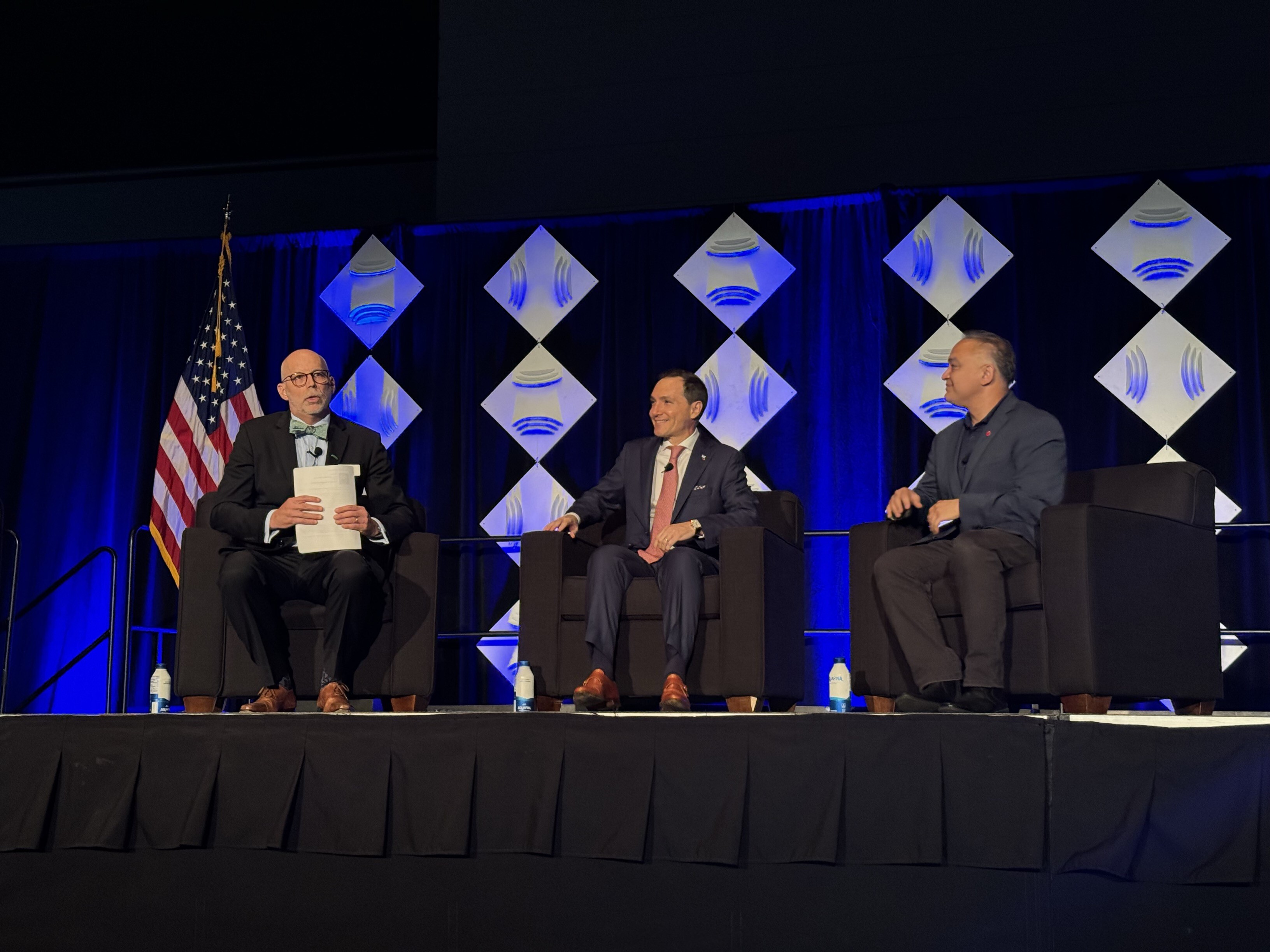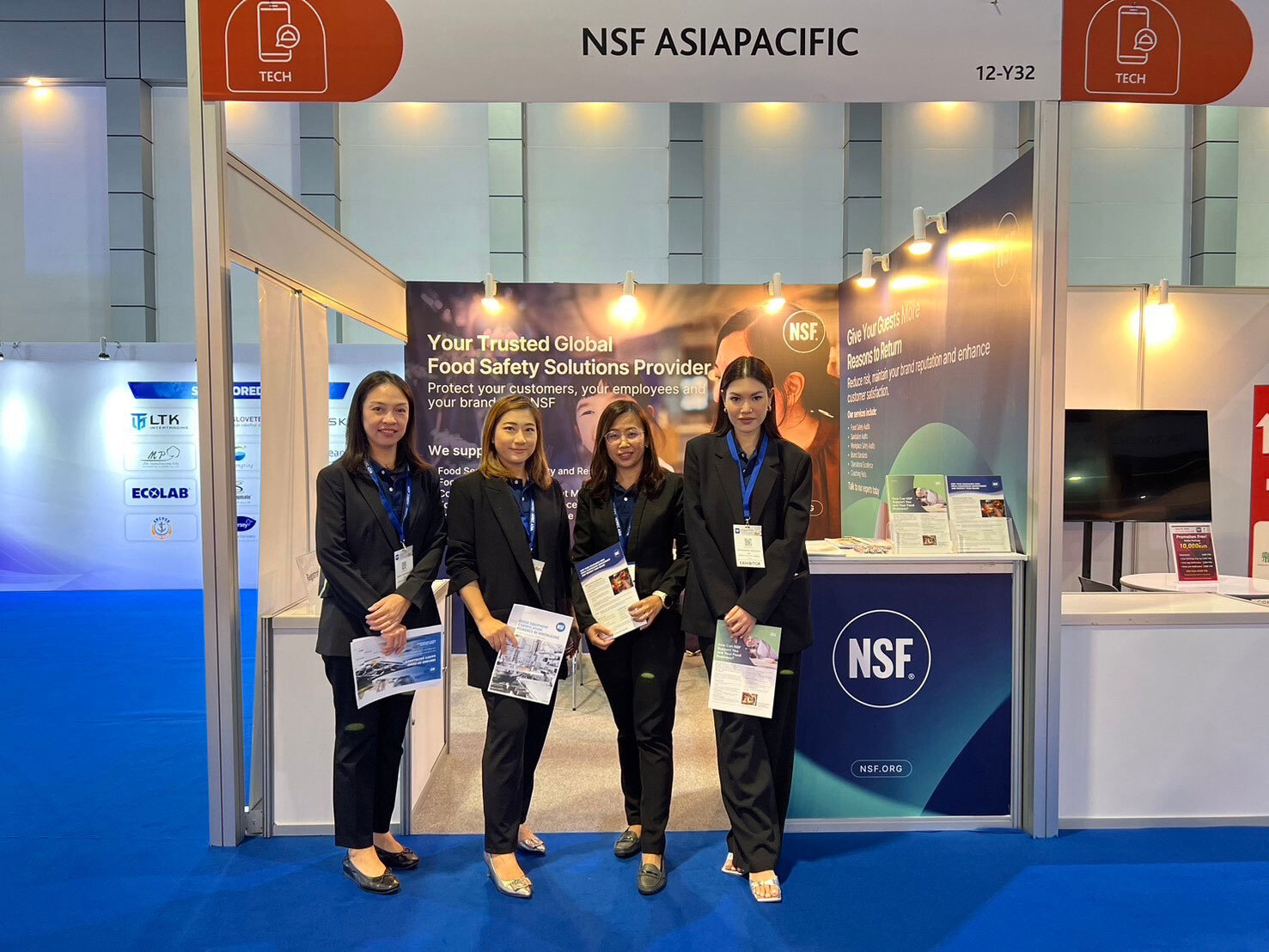Understanding FSSC Partial Remote Audit Process
August 18, 2020
Learn about the audit requirements, process and items that can be reviewed in the FSSC Partial Remote Audit.
Remote Audit Risk Assessment Evaluation
To determine if a remote audit is a viable solution, an assessment is sent to the site prior to audit scheduling to ascertain:
- Does the site permit remote audit activity?
- What information and communication technologies (ICTs) will be utilized?
- Does the site have the ability to provide a representative capable of communicating in the same language as the auditor?
- Can both the site and certification body (CB) perform remote activities using an agreed upon ICTs?
A Supply Chain Food Safety Client Information form is then completed, reviewed and approved by the technical manager before scheduling can proceed. If not approved, a full on-site audit will be required.
Step 1: Remote Audit
- Focus on ISO 22000 standard
- Management/key personnel interviews
- Trace exercise
If any non-conformances (NCs) are issued during the remote audit, a normal response time is applied to closing the NCs. The auditor will verify the remote audit NC implementation during the on-site audit.
Step 2: On-site Audit
- Implementation/verification of food safety management system (including HACCP).
- Prerequisite programs (PRPs)
- Physical inspection of the production process
- Any remaining requirements not covered in the remote audit.
Requirements of Partial Remote Audits
- Partial remote audits are voluntary, not mandatory.
- The remote audit must occur first (unless as part of an unannounced surveillance audit)
- Maximum time between the remote audit and on-site audit cannot exceed 30 calendar days
- 90 days allowed in case of serious events (FSSC provides examples in Annex 9 Appendix 1)
- The on-site audit cannot be less than one day and must be at least 50% of audit duration.
- Unannounced surveillance audits may use a two-step process, but the on-site portion will be conducted first with the remote portion completed within 48 hours of the on-site audit.
- Non-conformances may be issued during both audits, with normal response time applied to both audits separately.
- NC raised during the first audit may have grading elevated if more evidence is found during the second audit
How NSF Can Help You
Get in touch to find out how we can help you and your business thrive.

What’s New with NSF

NSF Shanghai Named Critical Site for NSF/ANSI 455 and NSF/ANSI 173 by ANSI National Accreditation Board
July 26, 2024NSF extends its scope of ISO/IEC 17065:2012 accreditation; NSF’s Shanghai office can certify to NSF/ANSI 455 and NSF/ANSI 173 in China and Asia Pacific via localized expertise.
Read the Story

NSF Takes Center Stage at NEHA Annual Education Conference
July 25, 2024NSF CEO Pedro Sancha joined a fireside chat titled “Lessons in Leadership” at the National Environmental Health Association (NEHA) Annual Education Conference before presenting the Walter F. Snyder Environmental Health Award to Timothy Hatch, MPA, REHS, the District Health Administrator for the State of Alabama Department of Public Health.
Read the Story

NSF Asia Pacific Showcases Hospitality Solutions at THAIFEX HOREC Asia 2024 in Bangkok, Thailand
July 4, 2024NSF Asia Pacific is thrilled to announce its successful participation in THAIFEX HOREC Asia 2024, a premier trade show for the food and hospitality industry, recently held in Bangkok, Thailand.
Read the Story

NSF Partners With BlueConduit To Accelerate Lead Service Line Replacement With Advanced Predictive Modeling
June 12, 2024Through this partnership, NSF now offers lead service line identification and replacement planning solution for US water utilities.
Read the Story